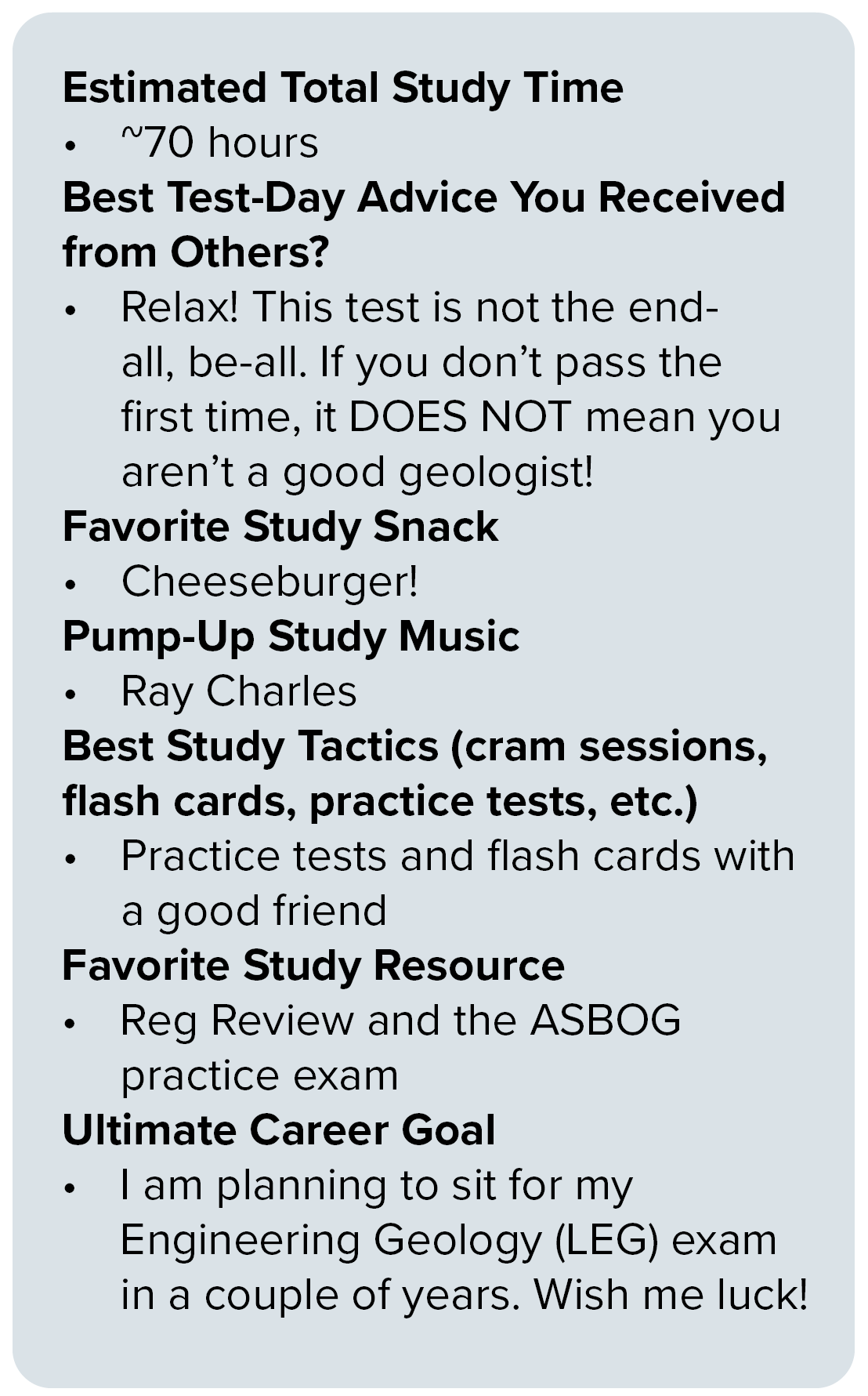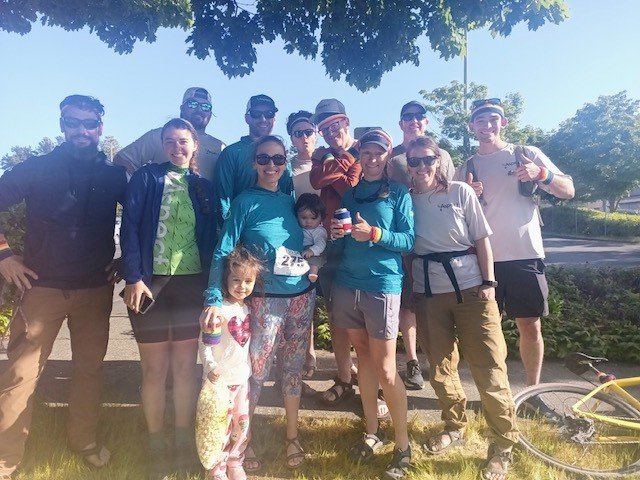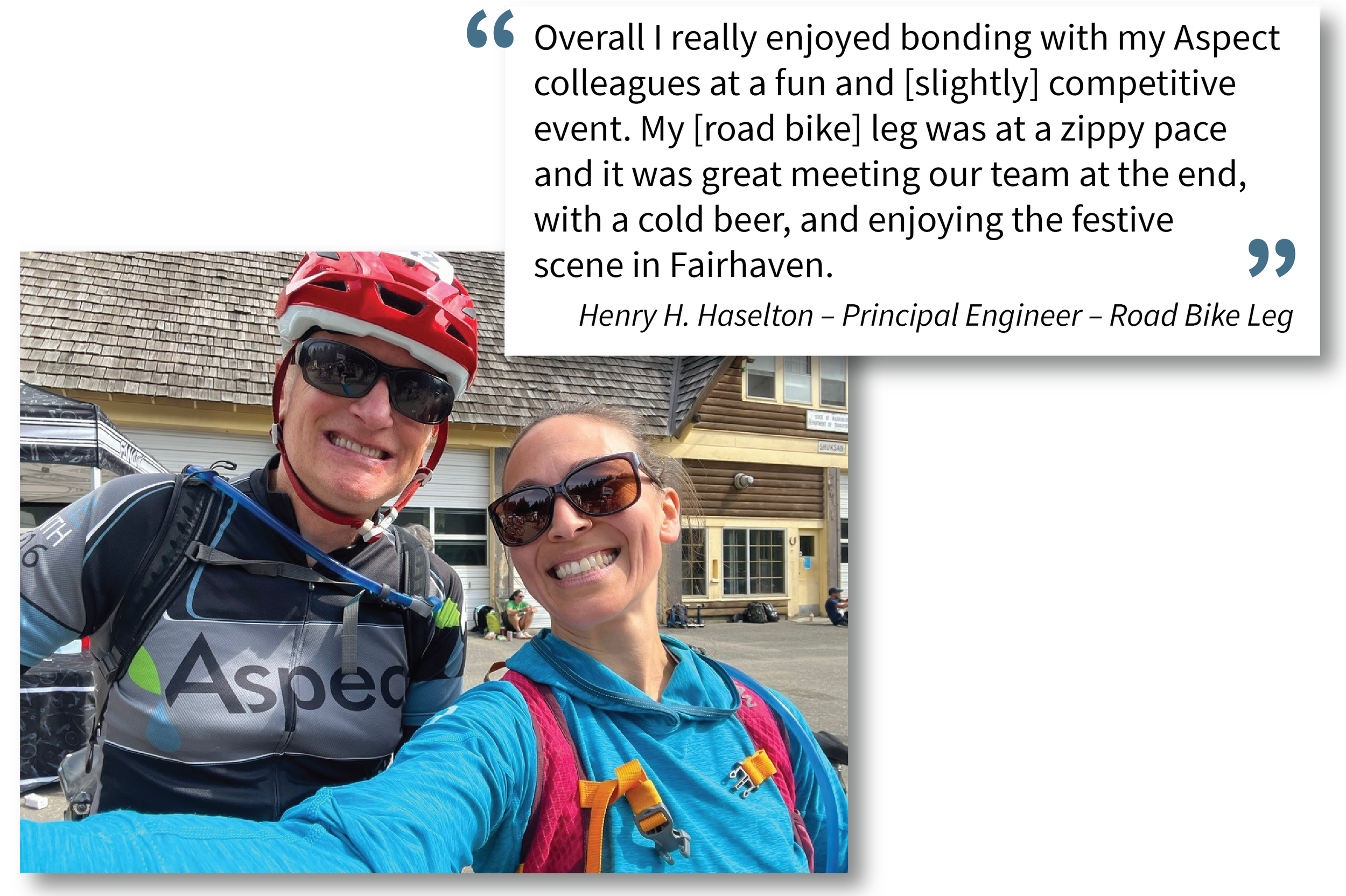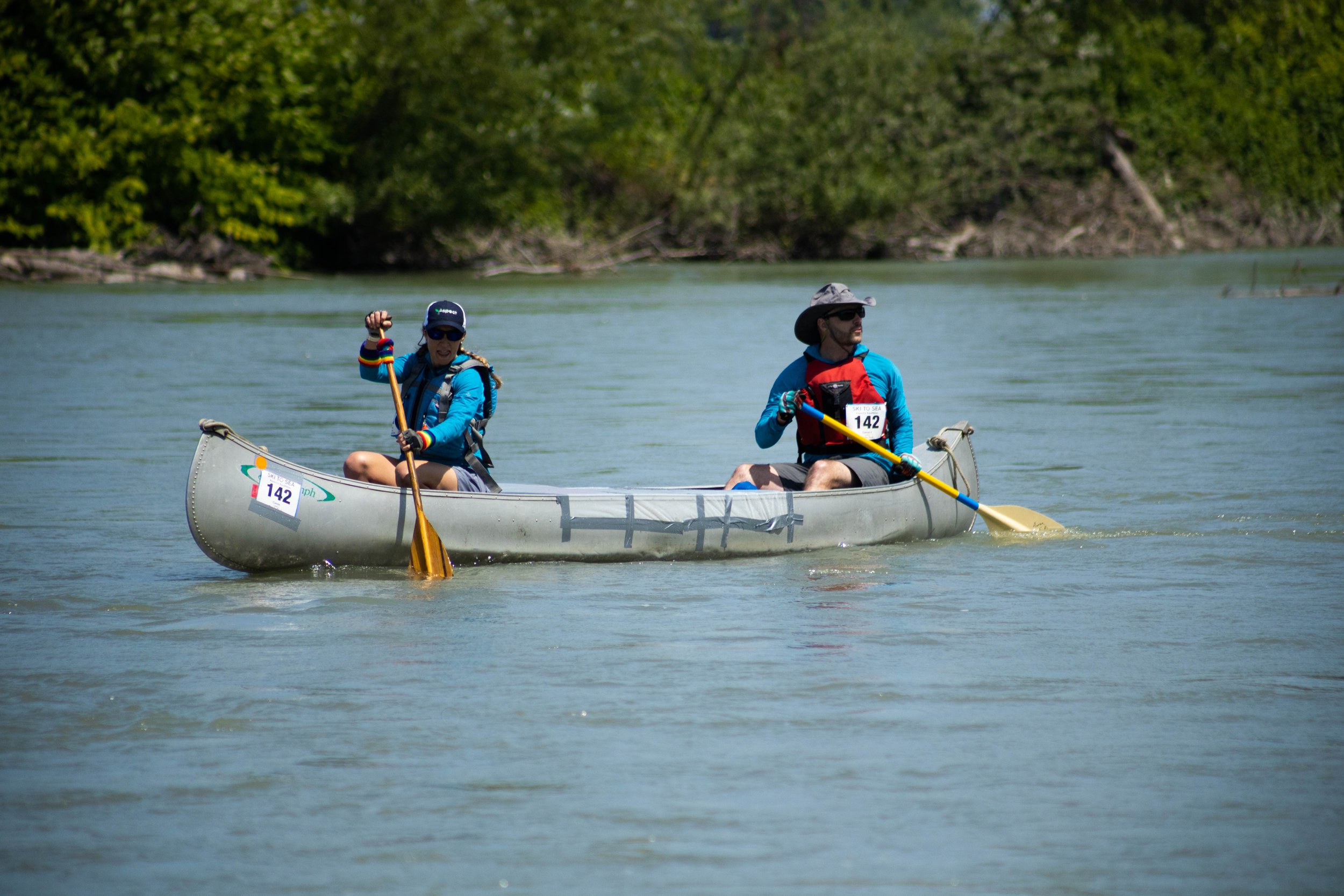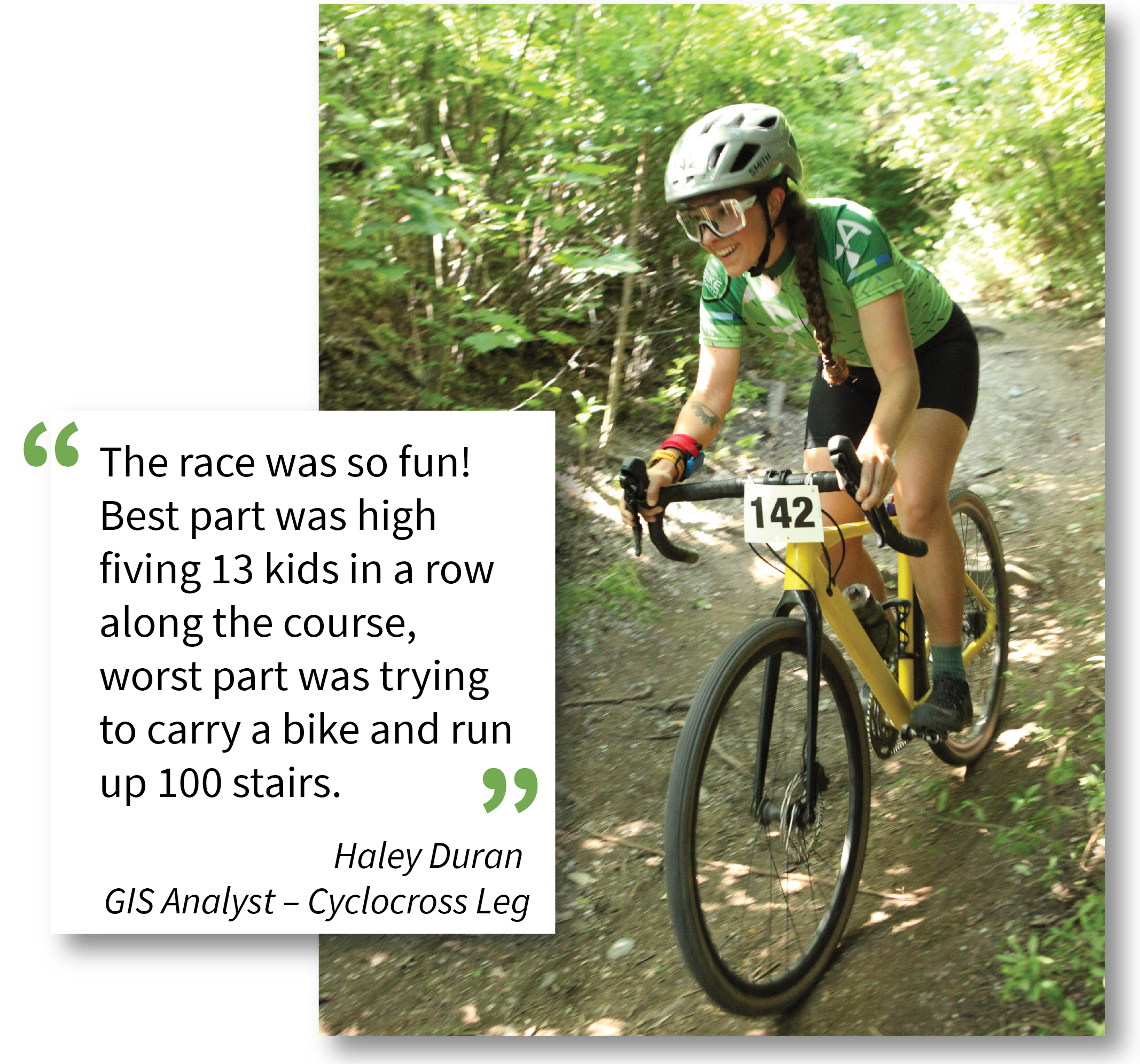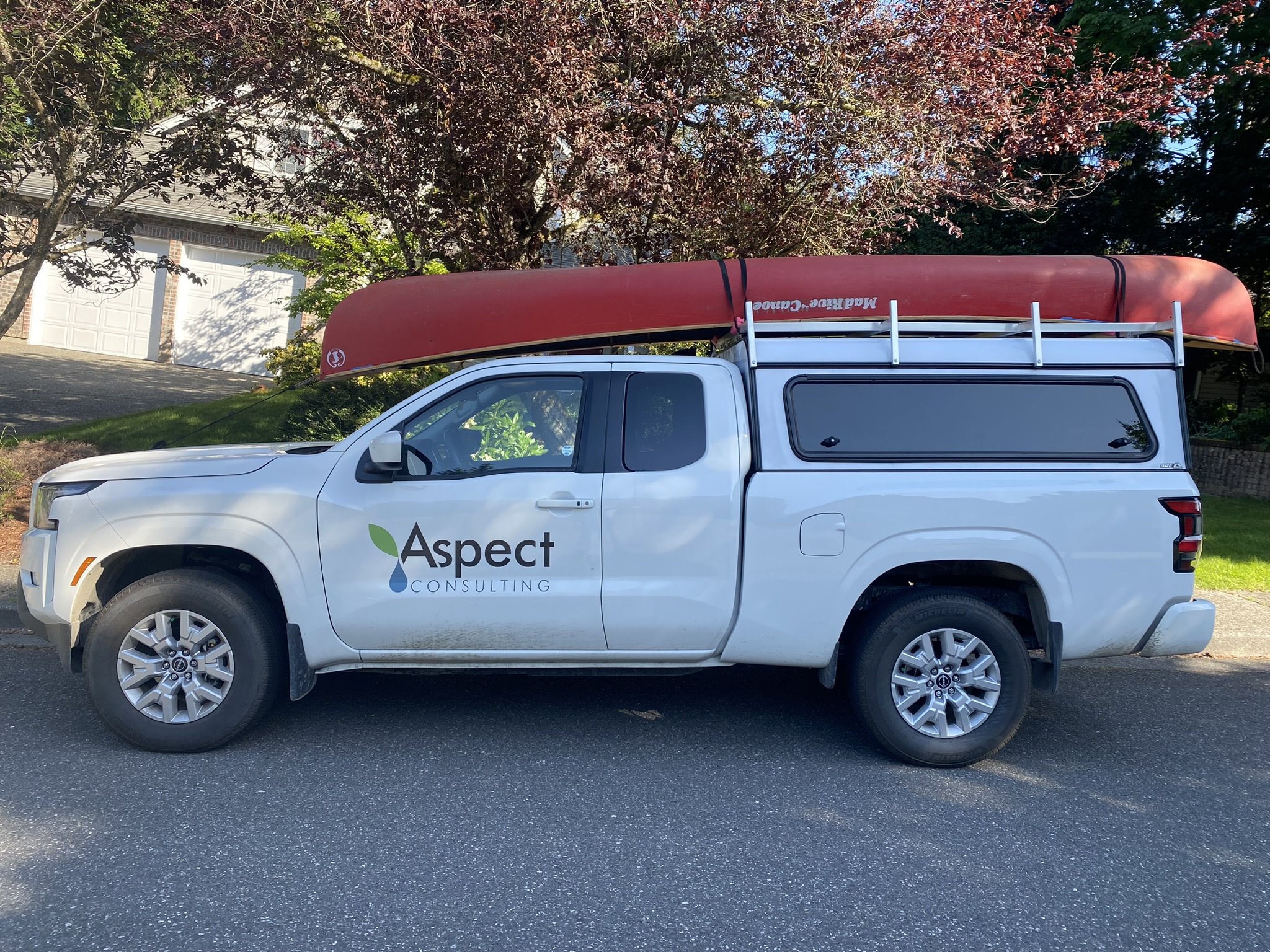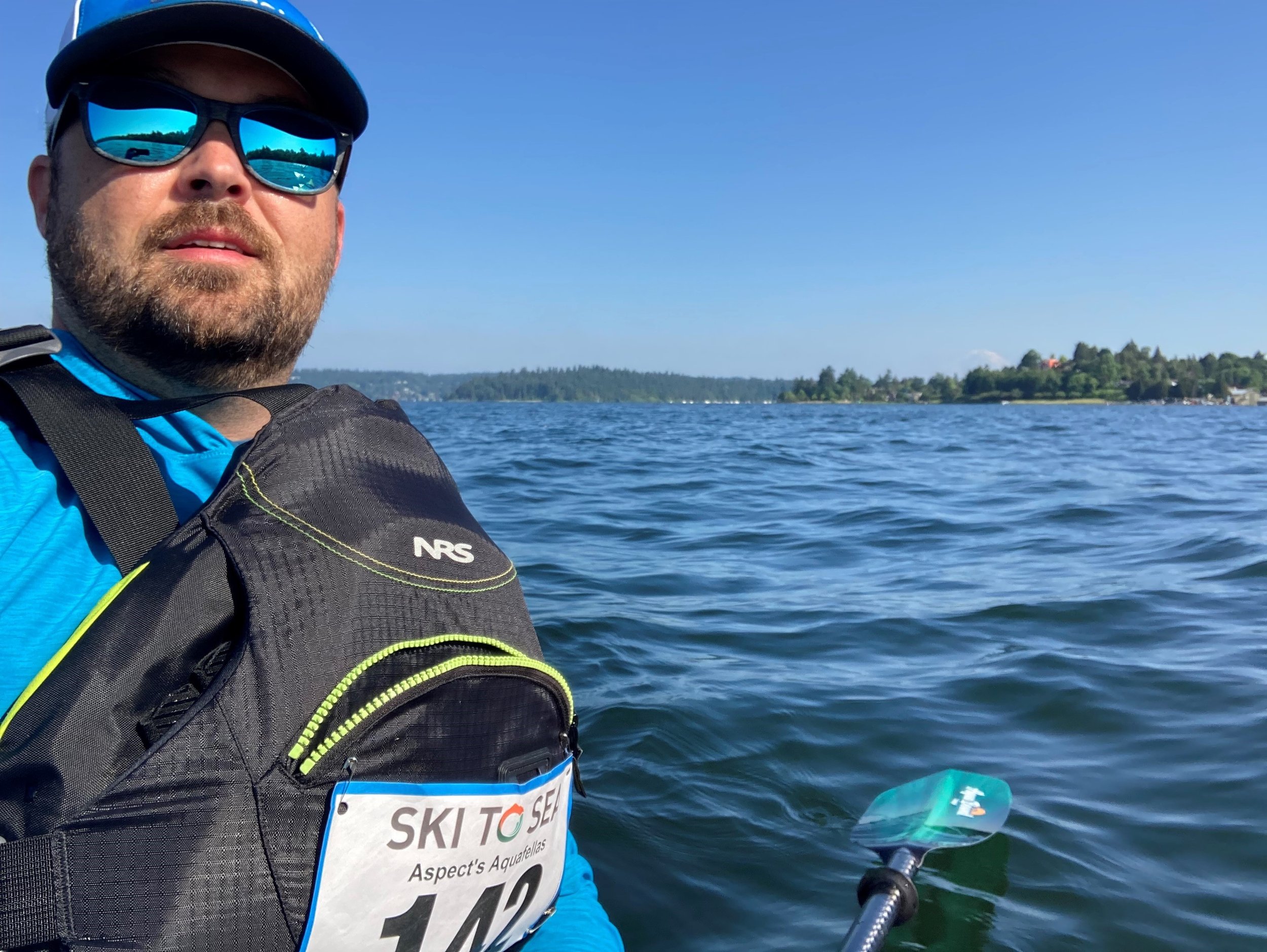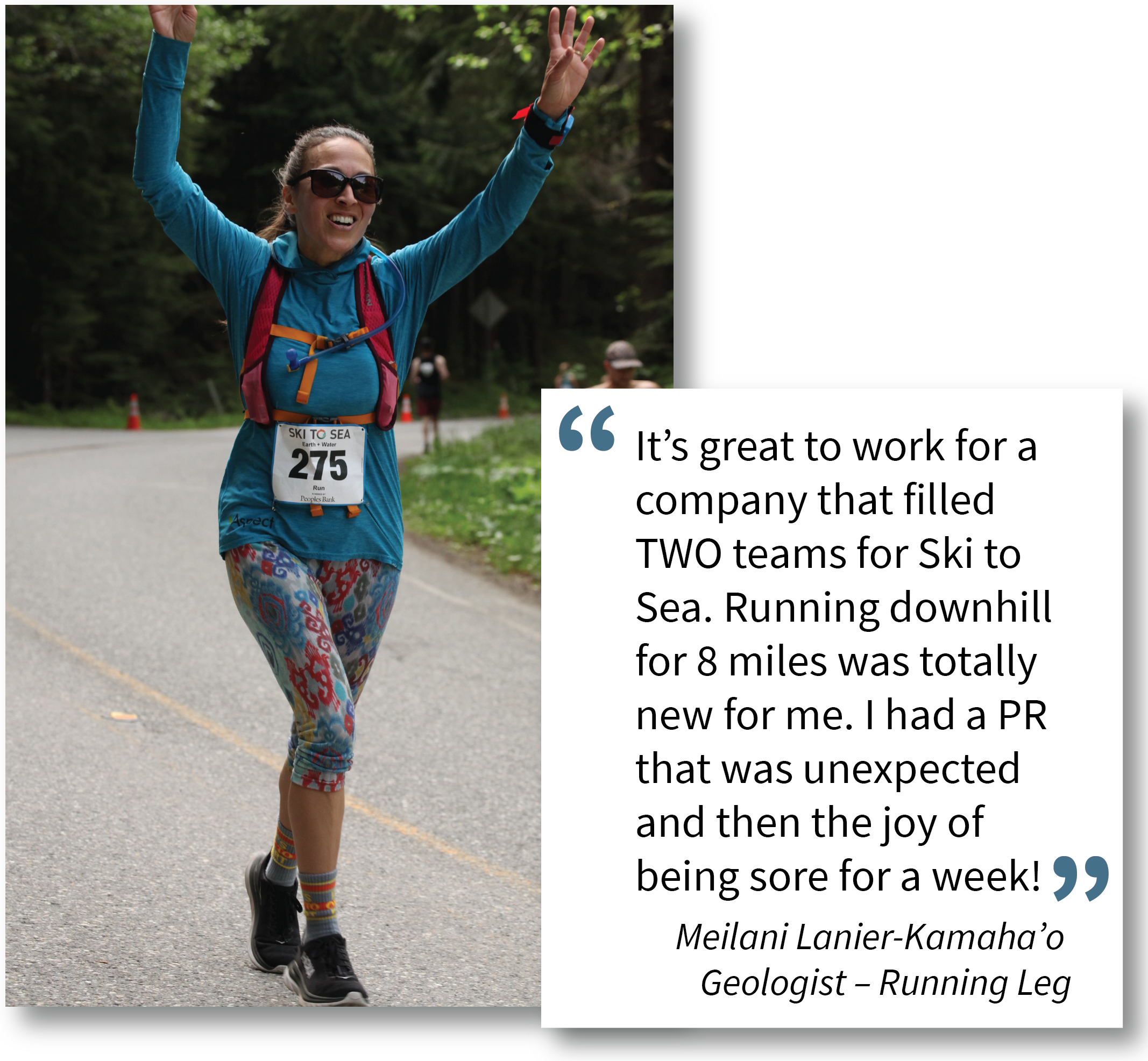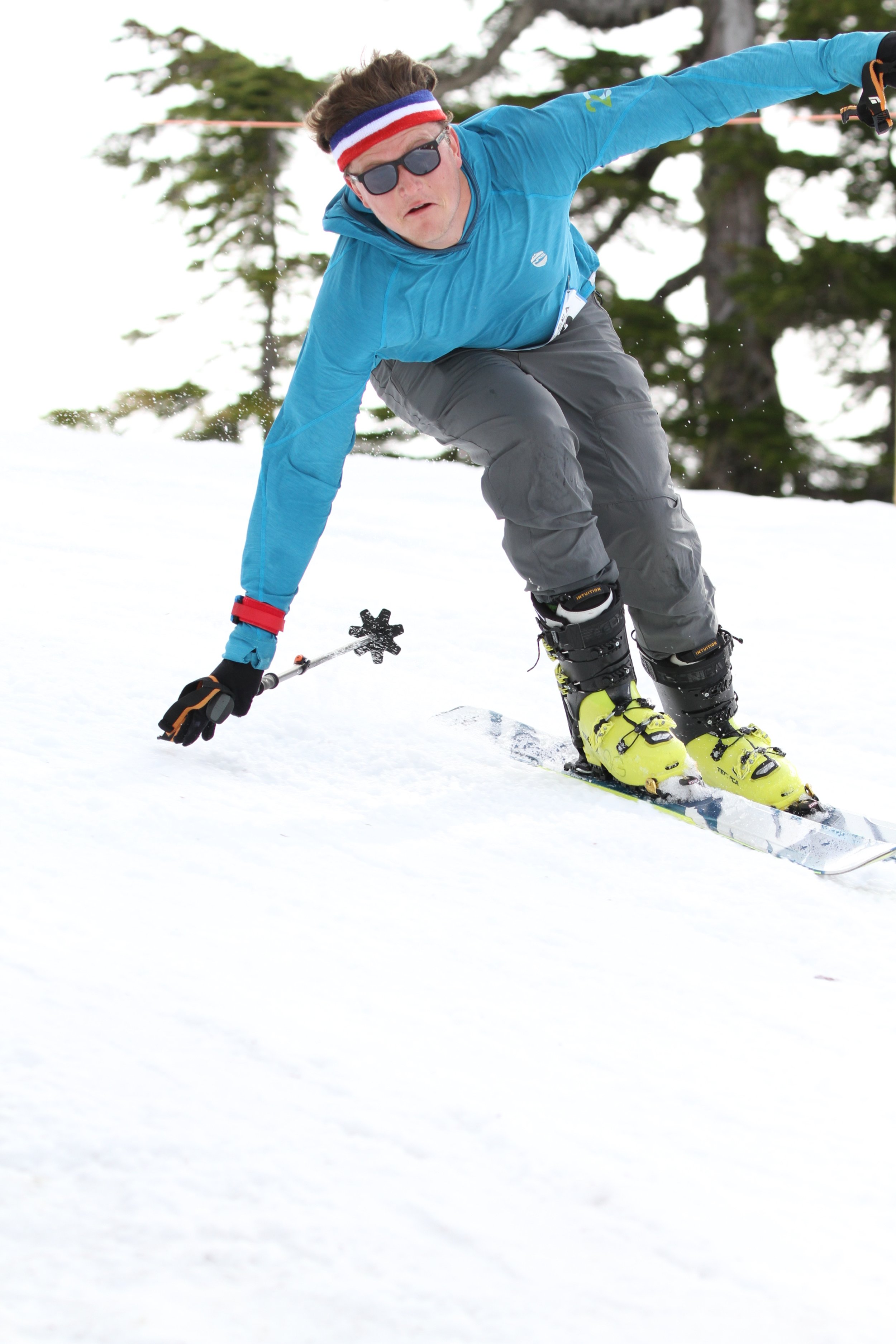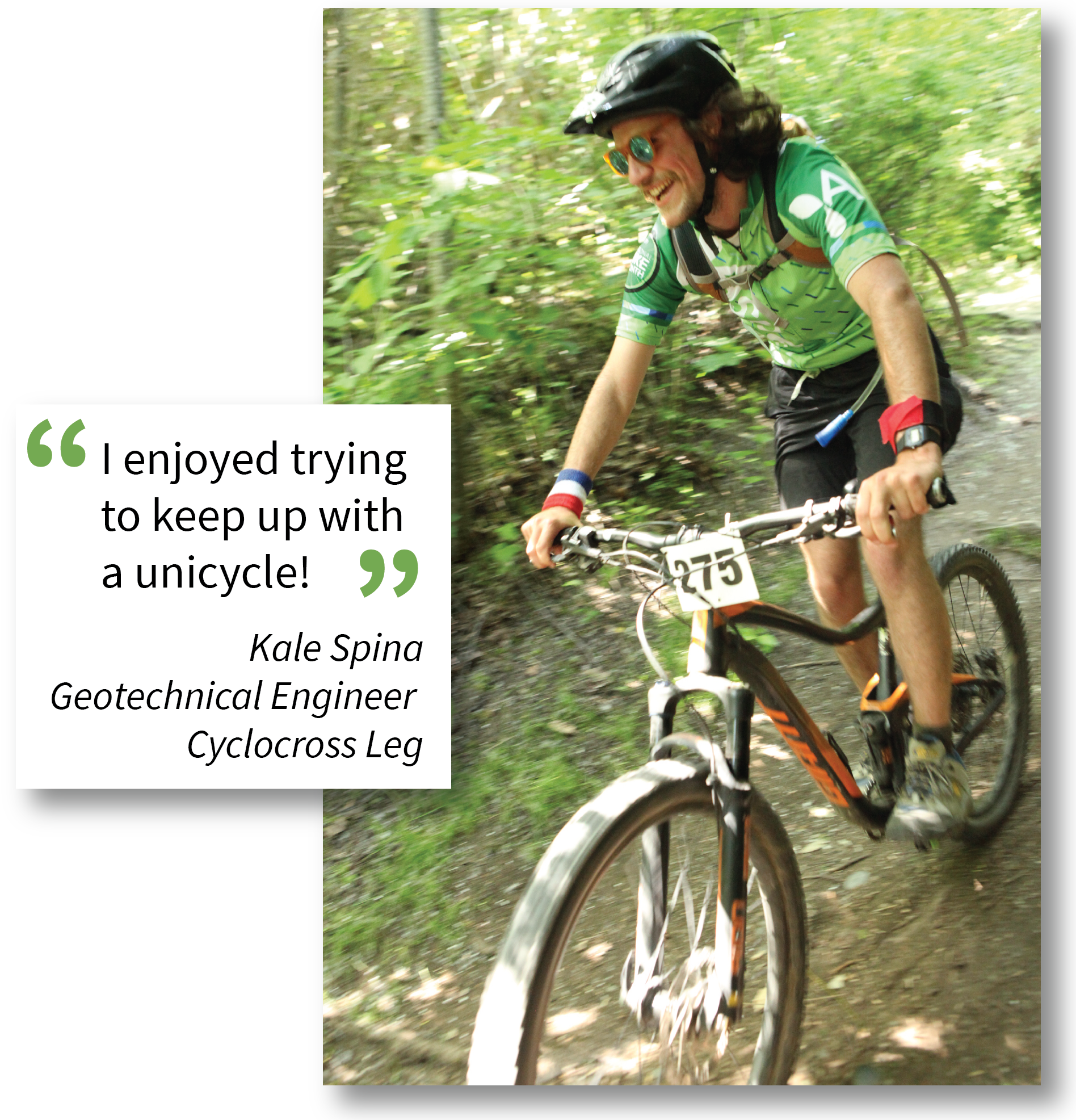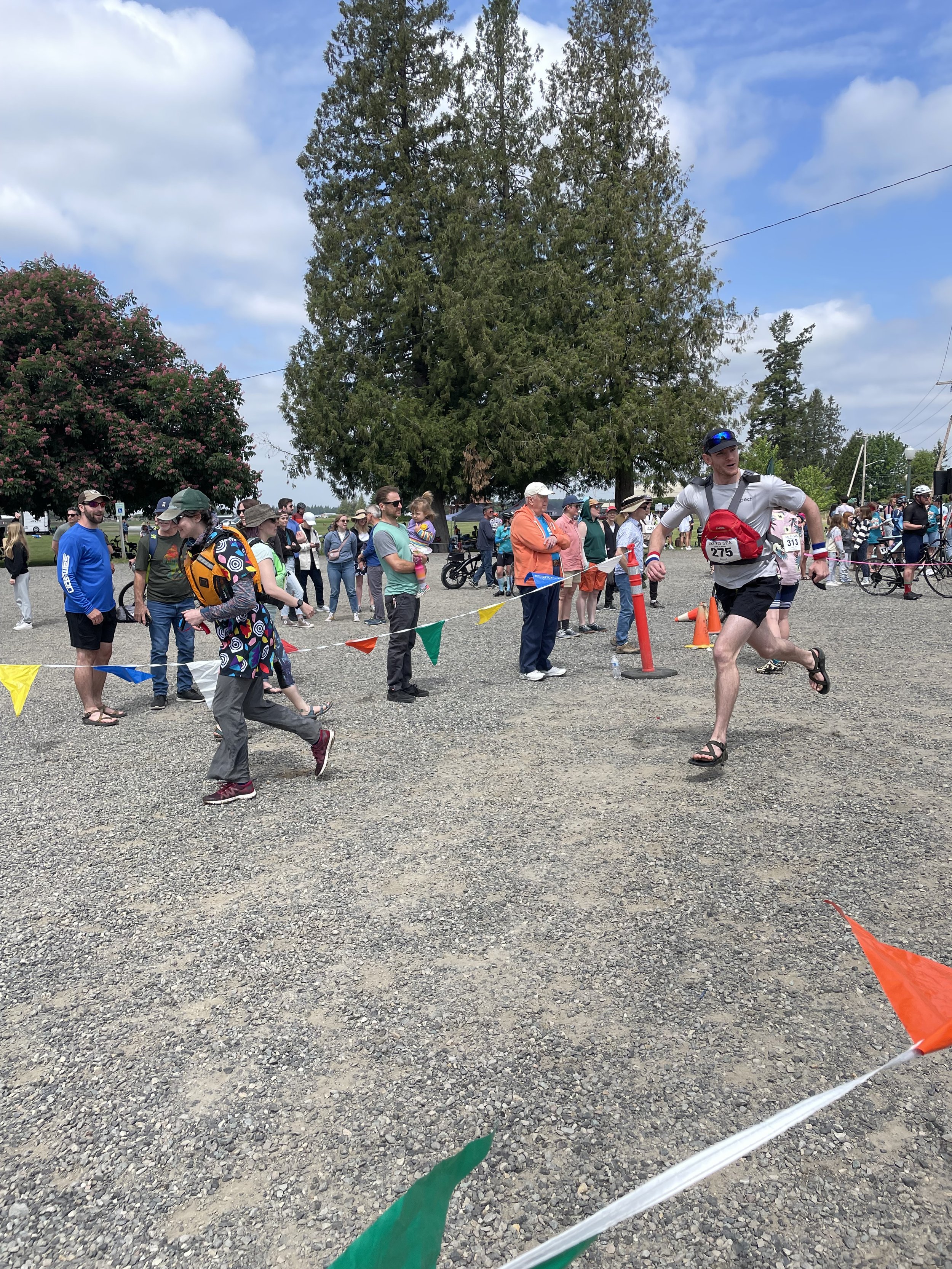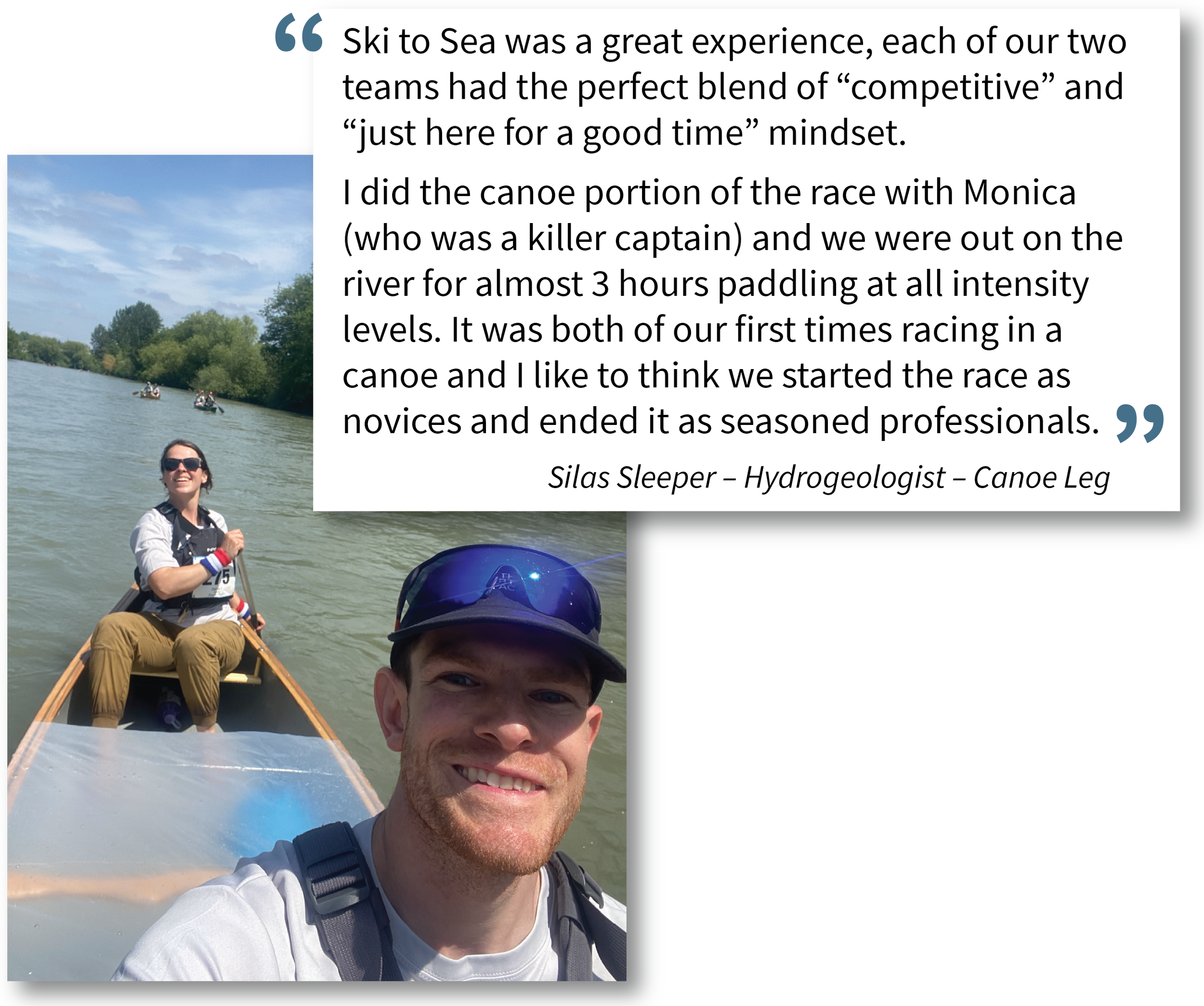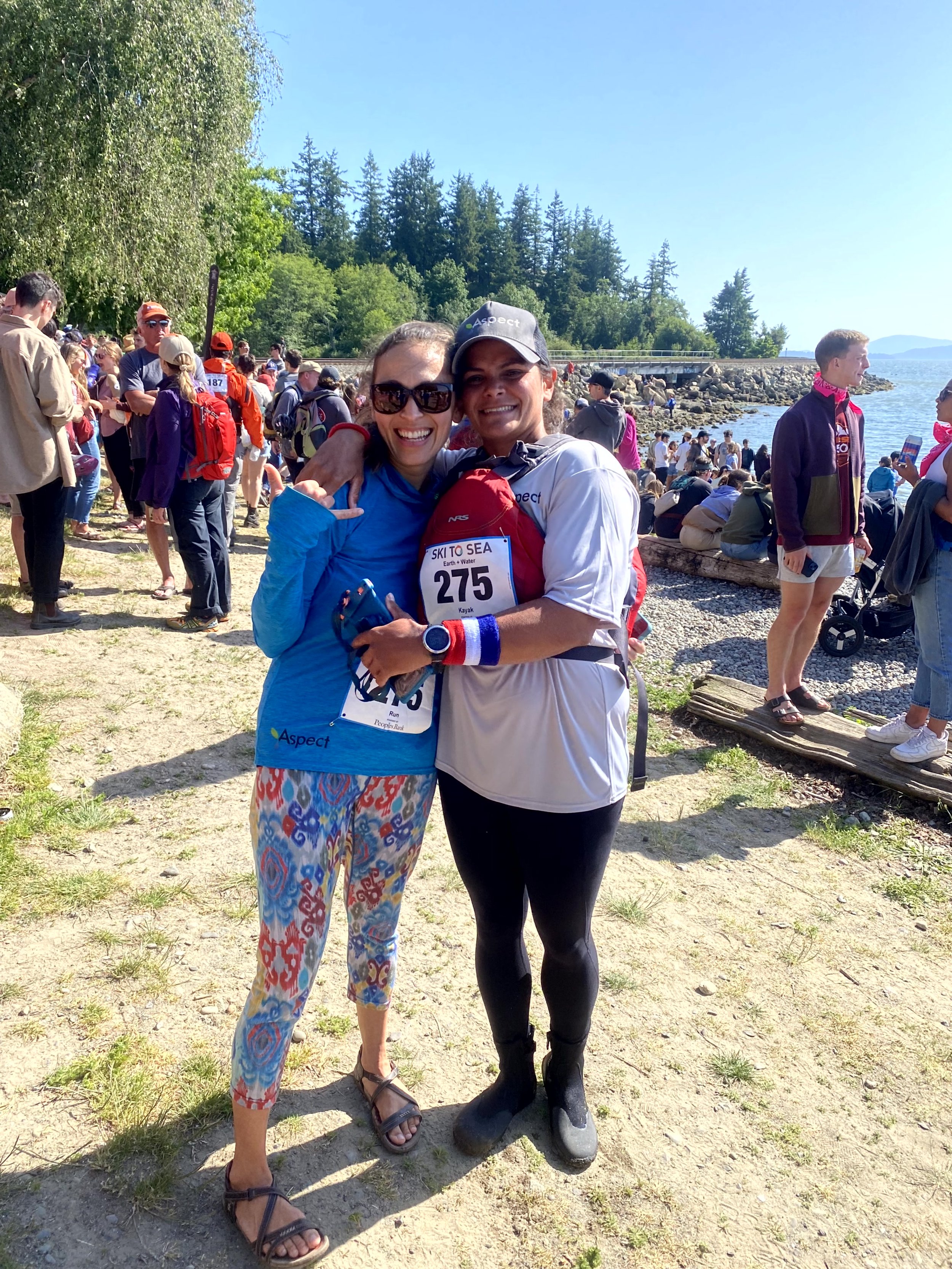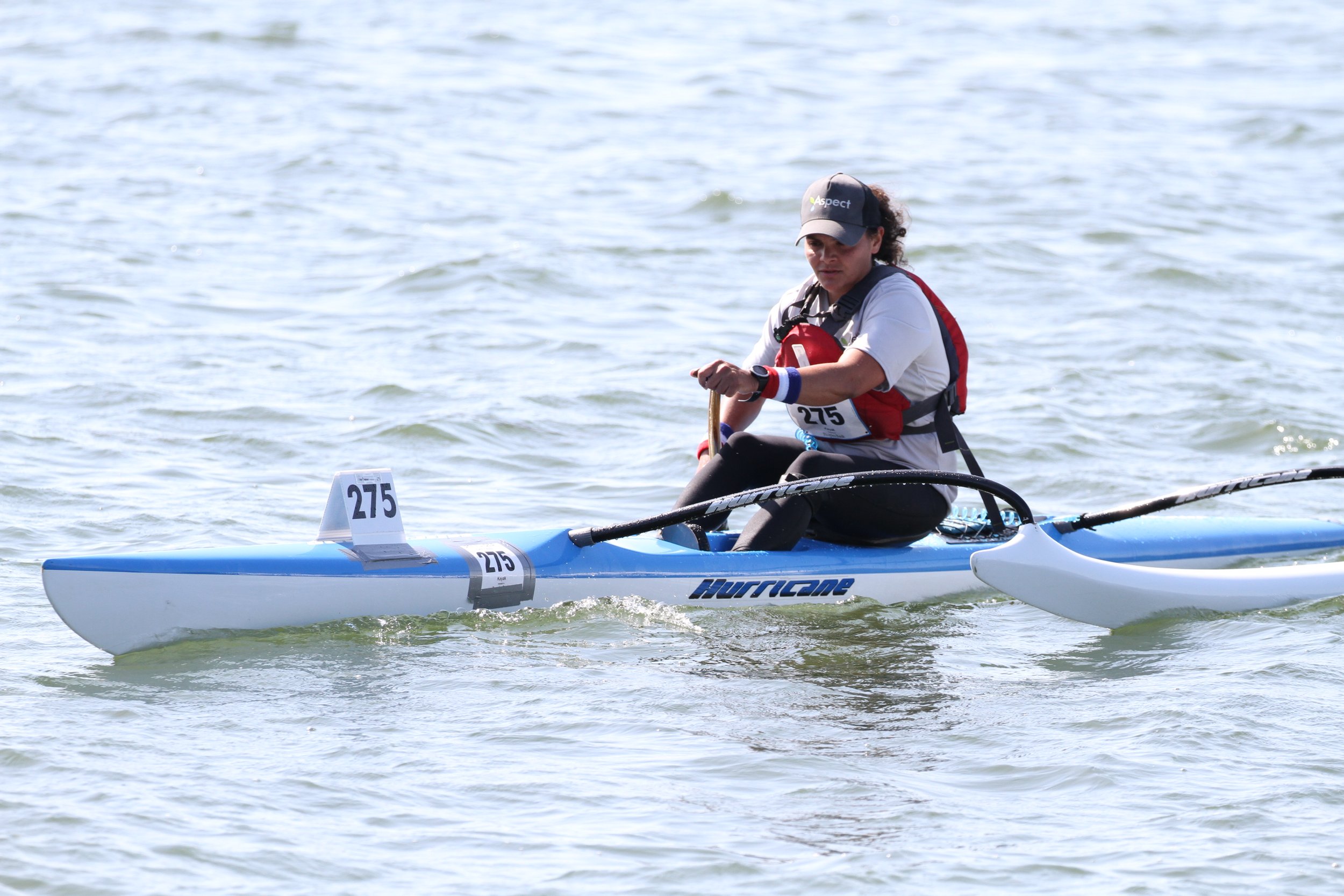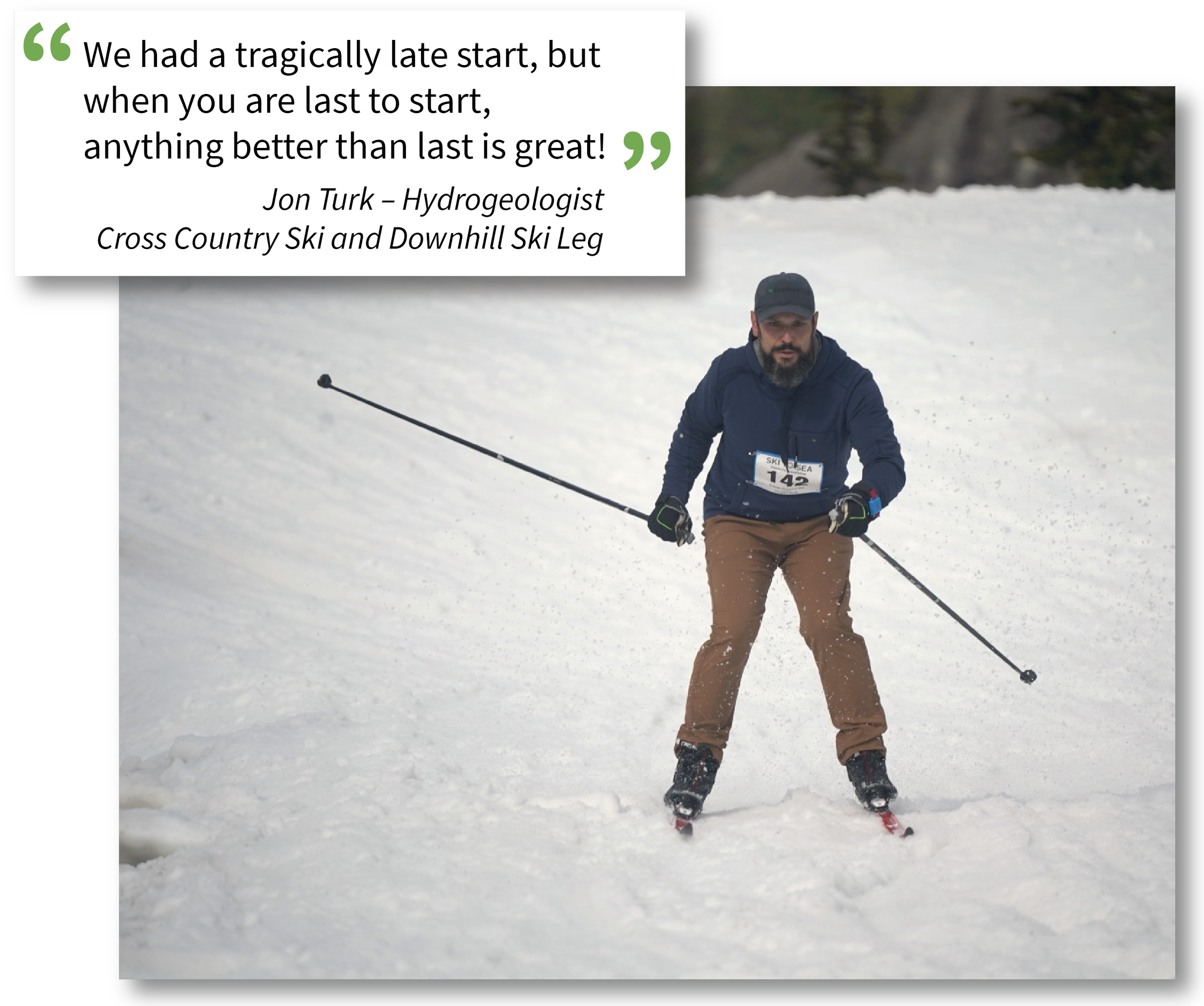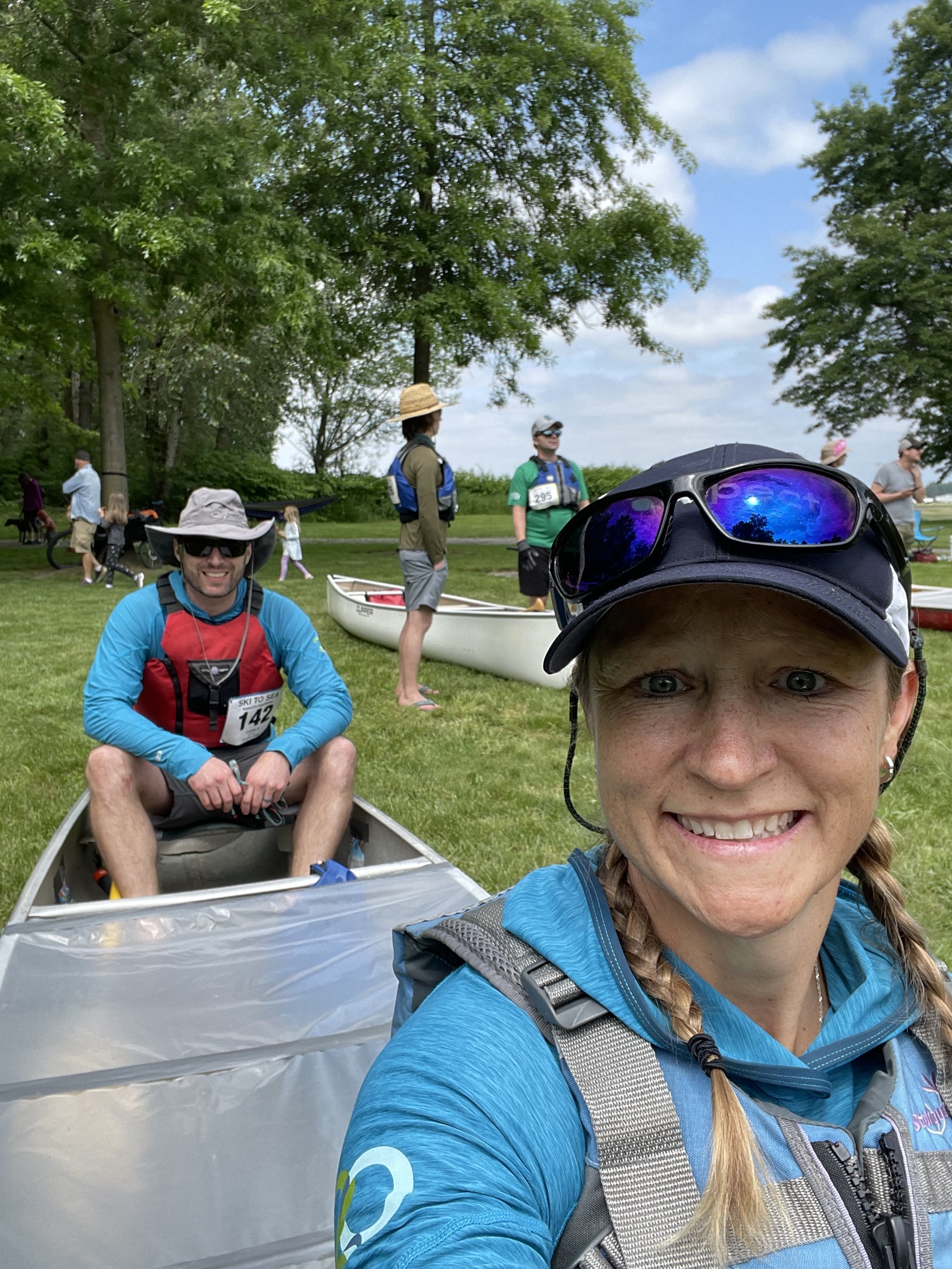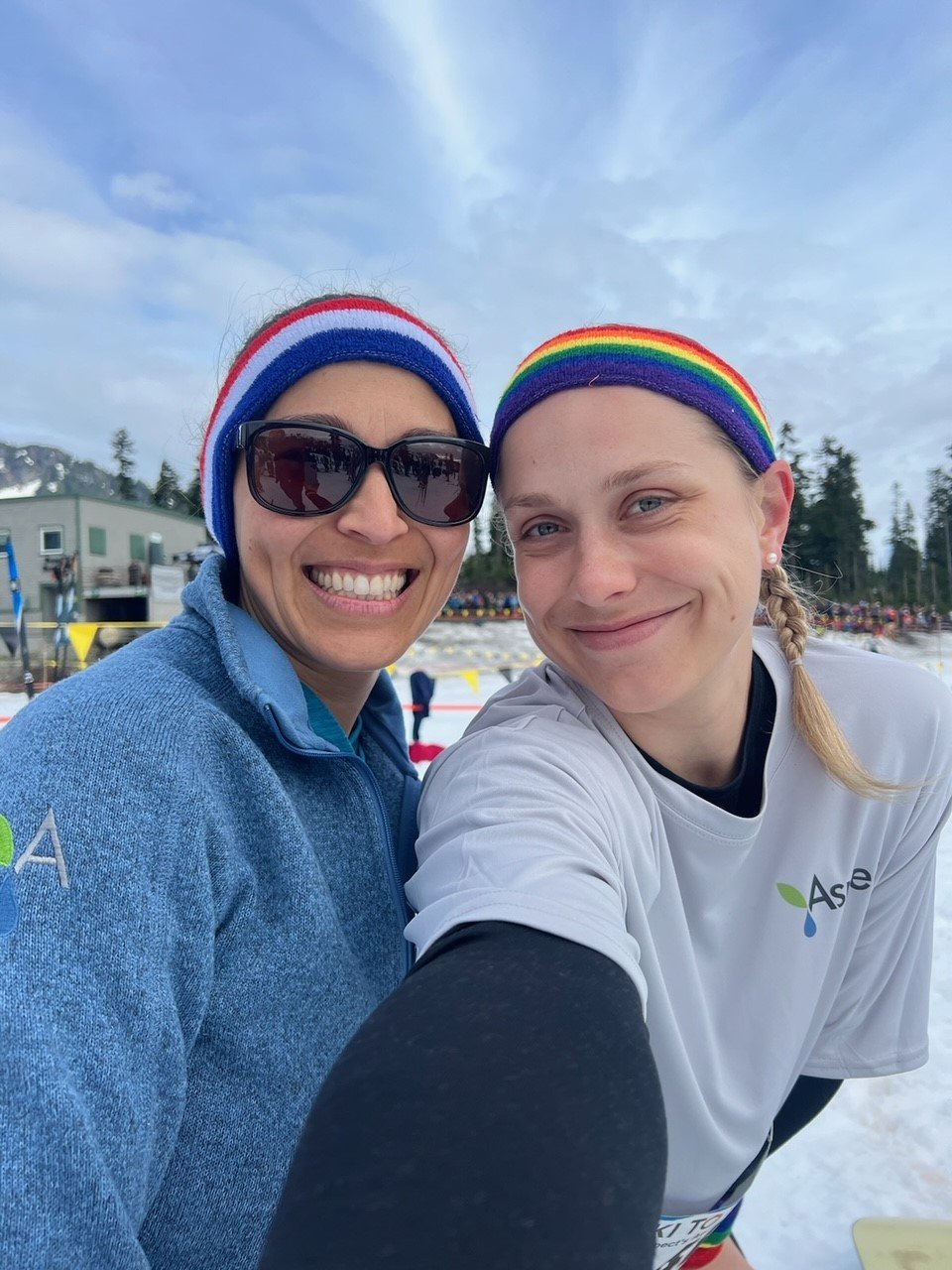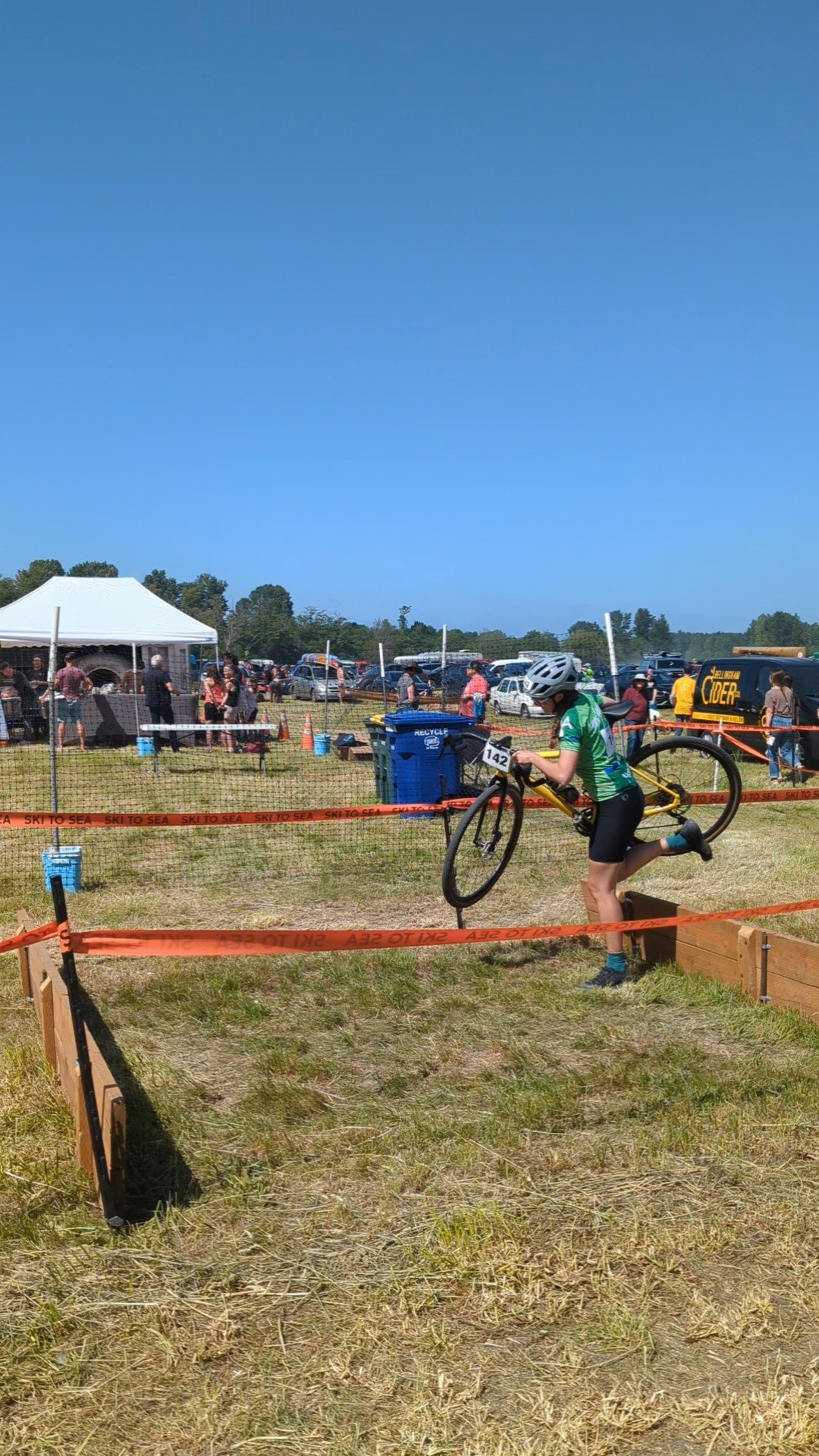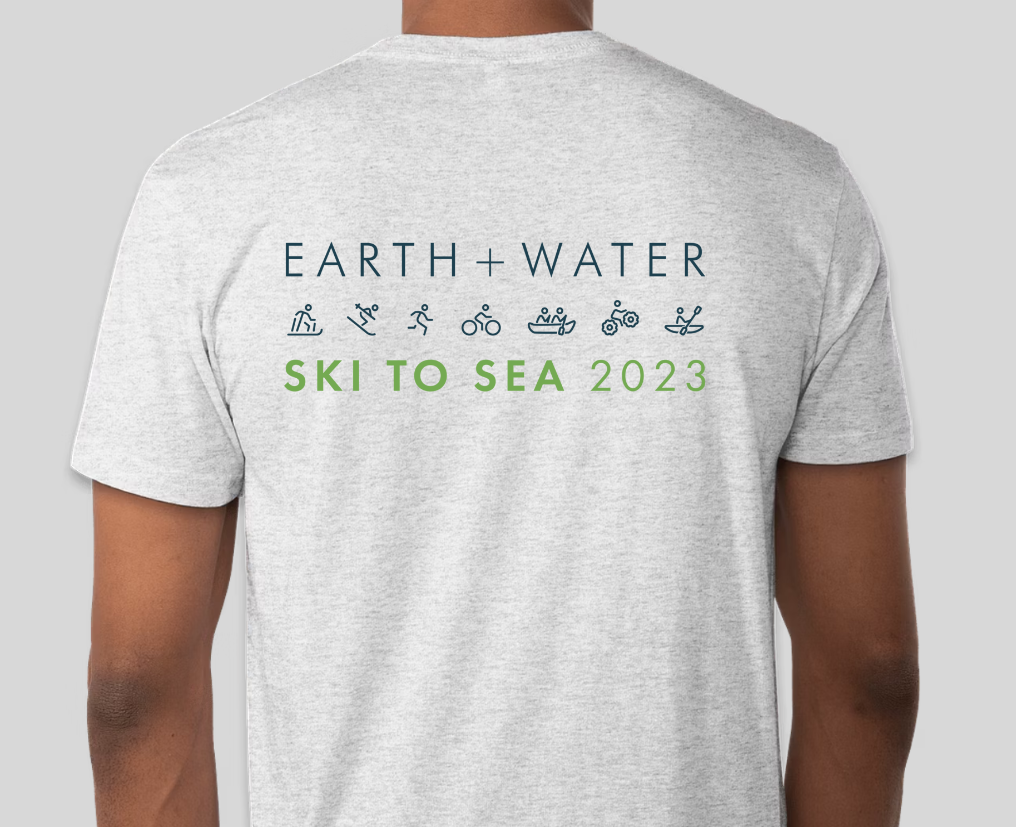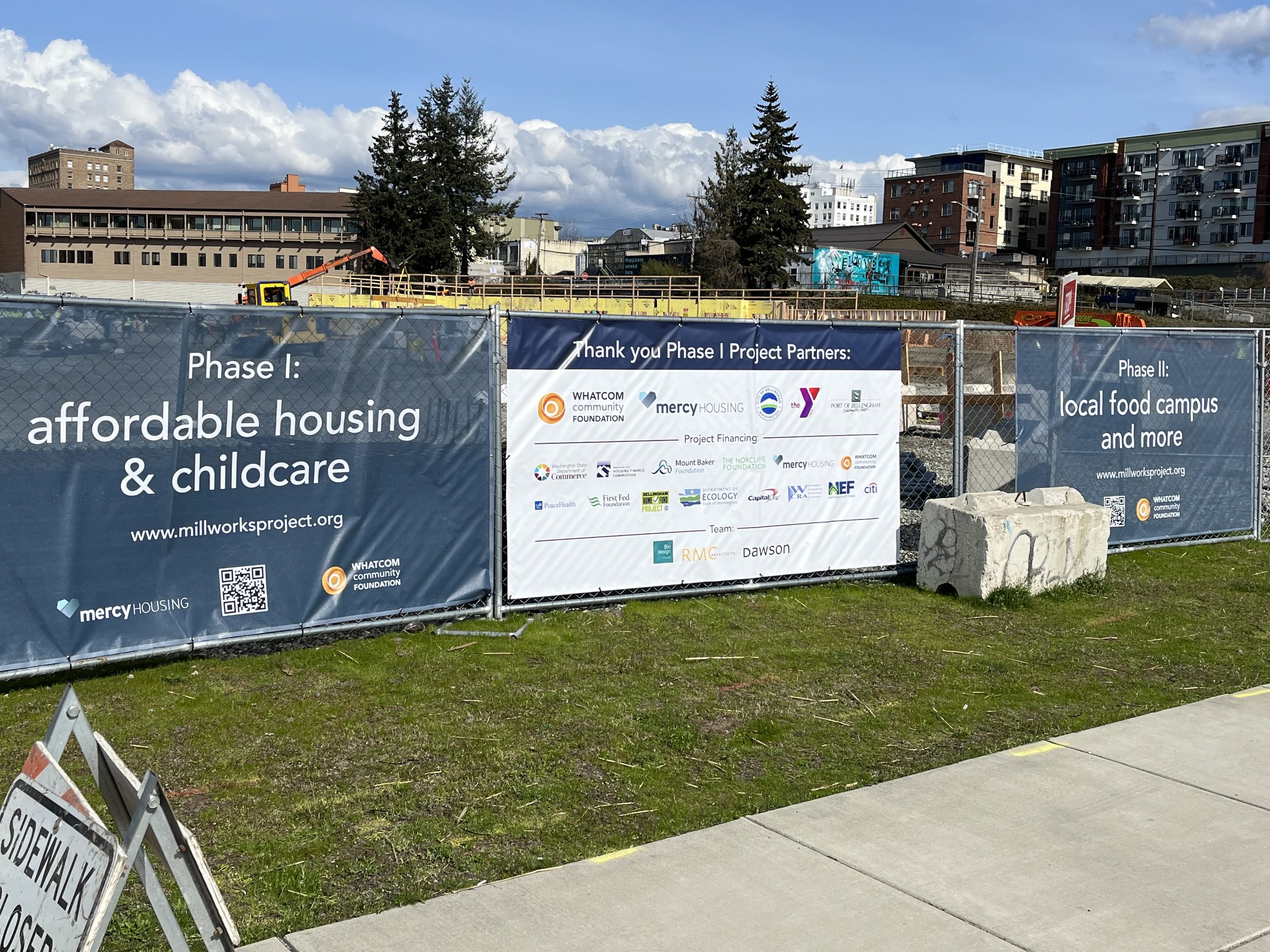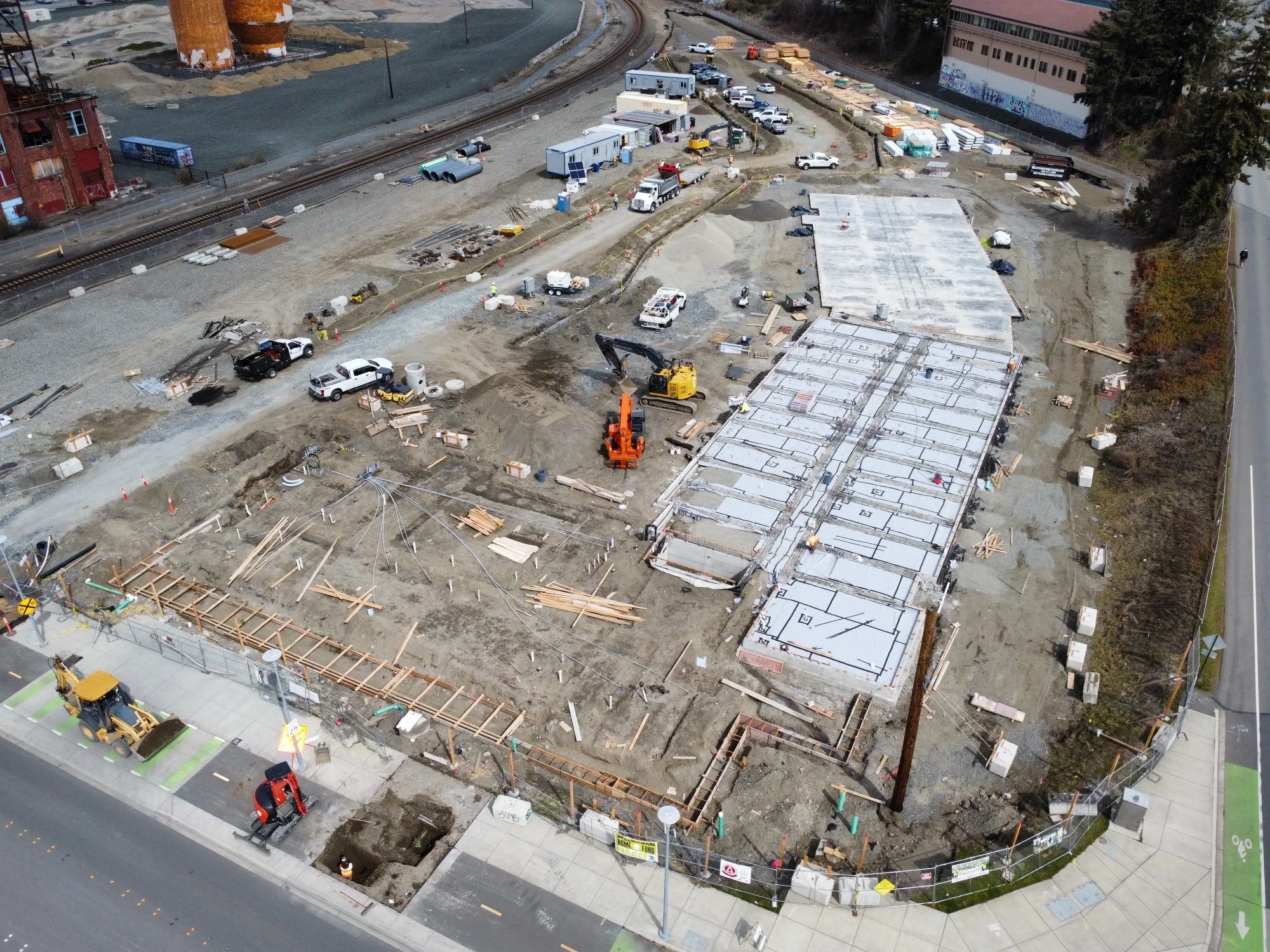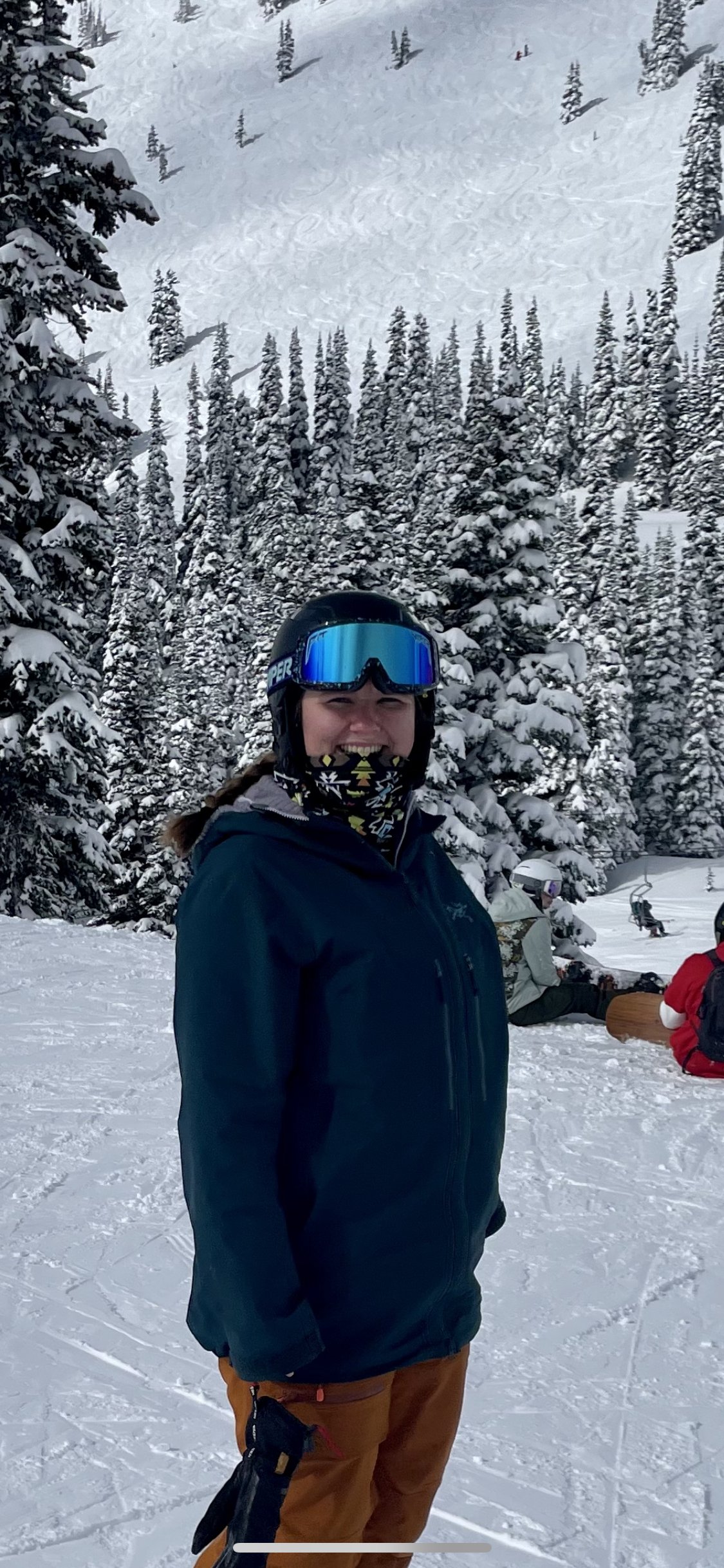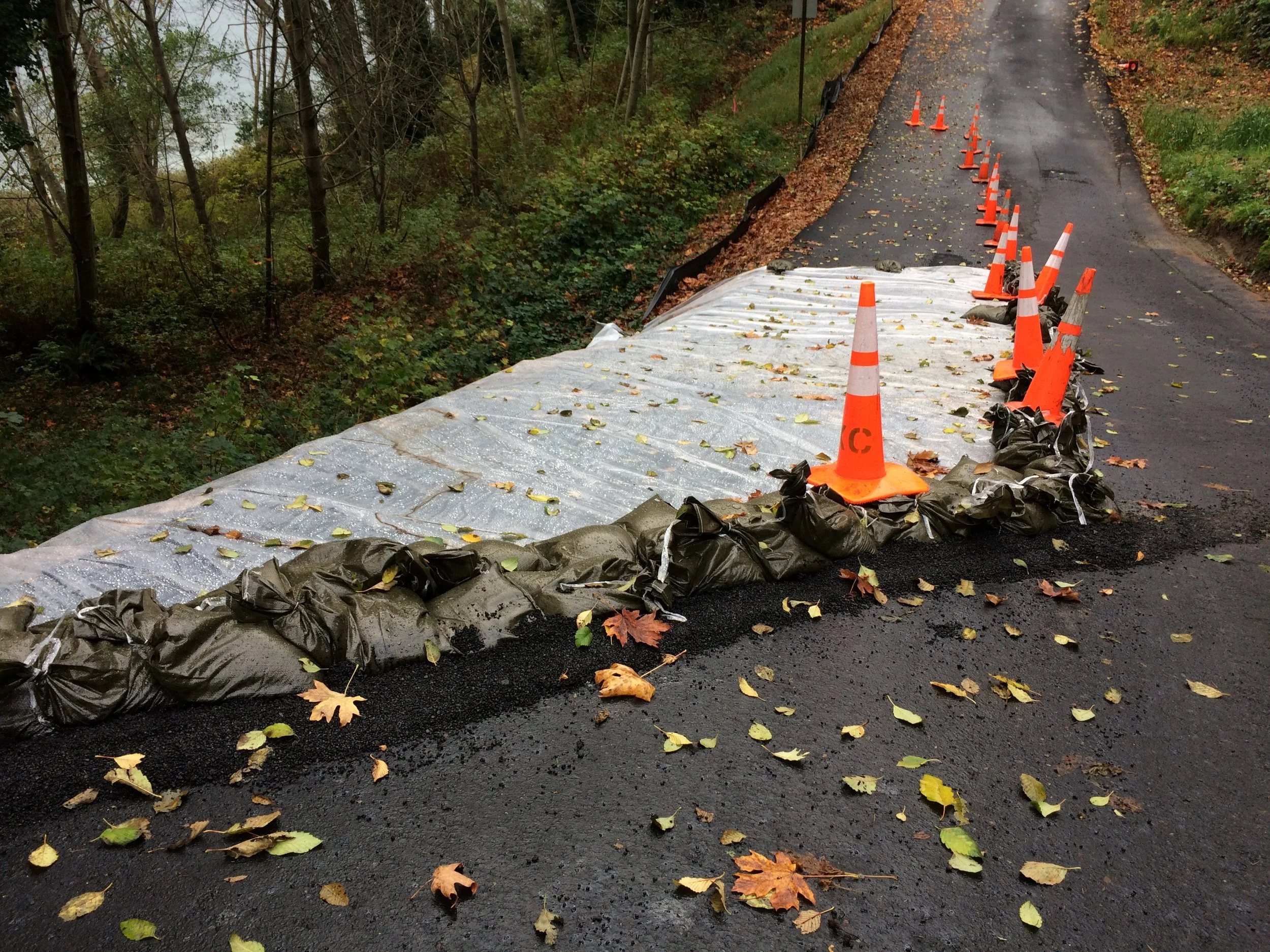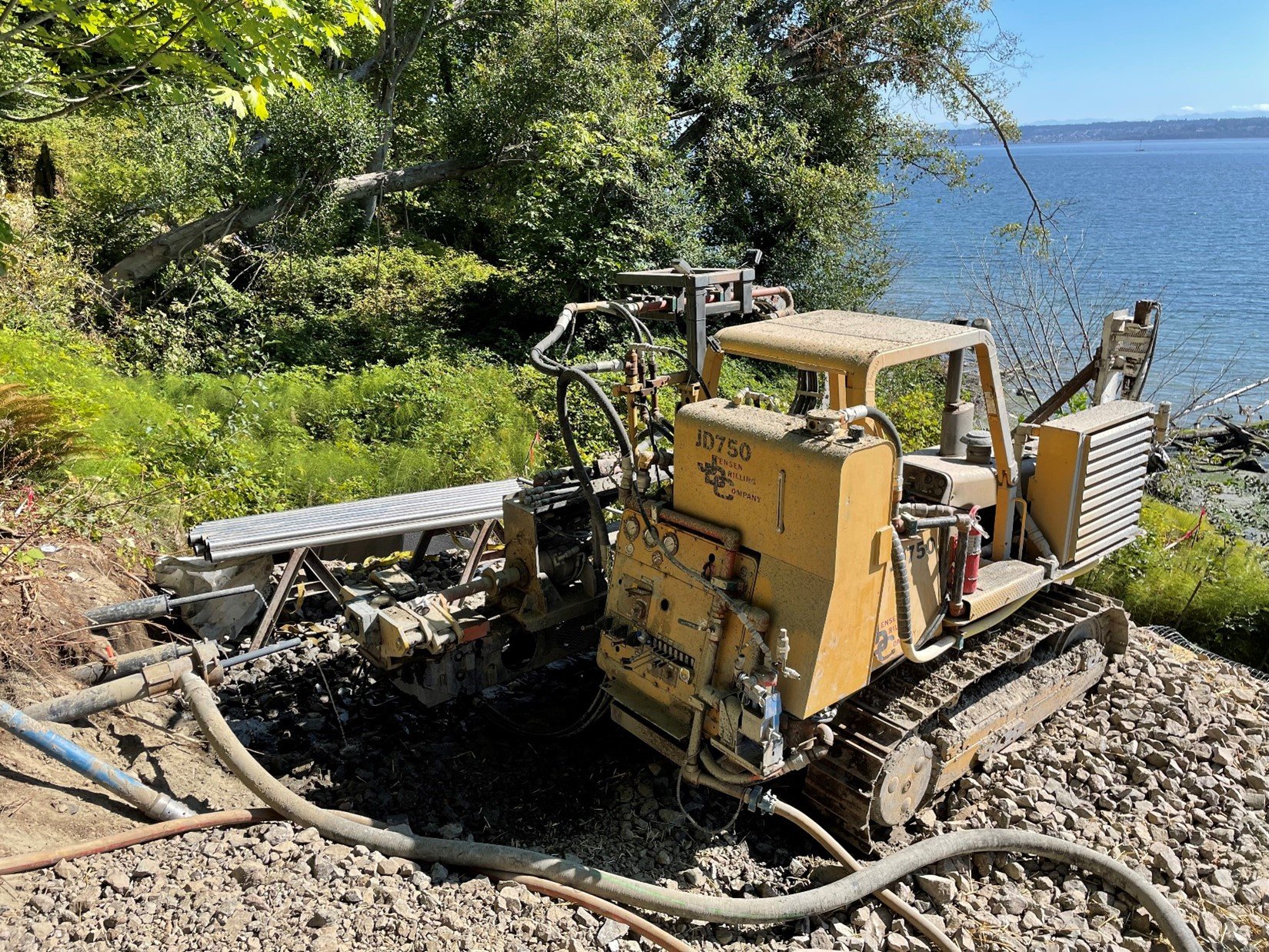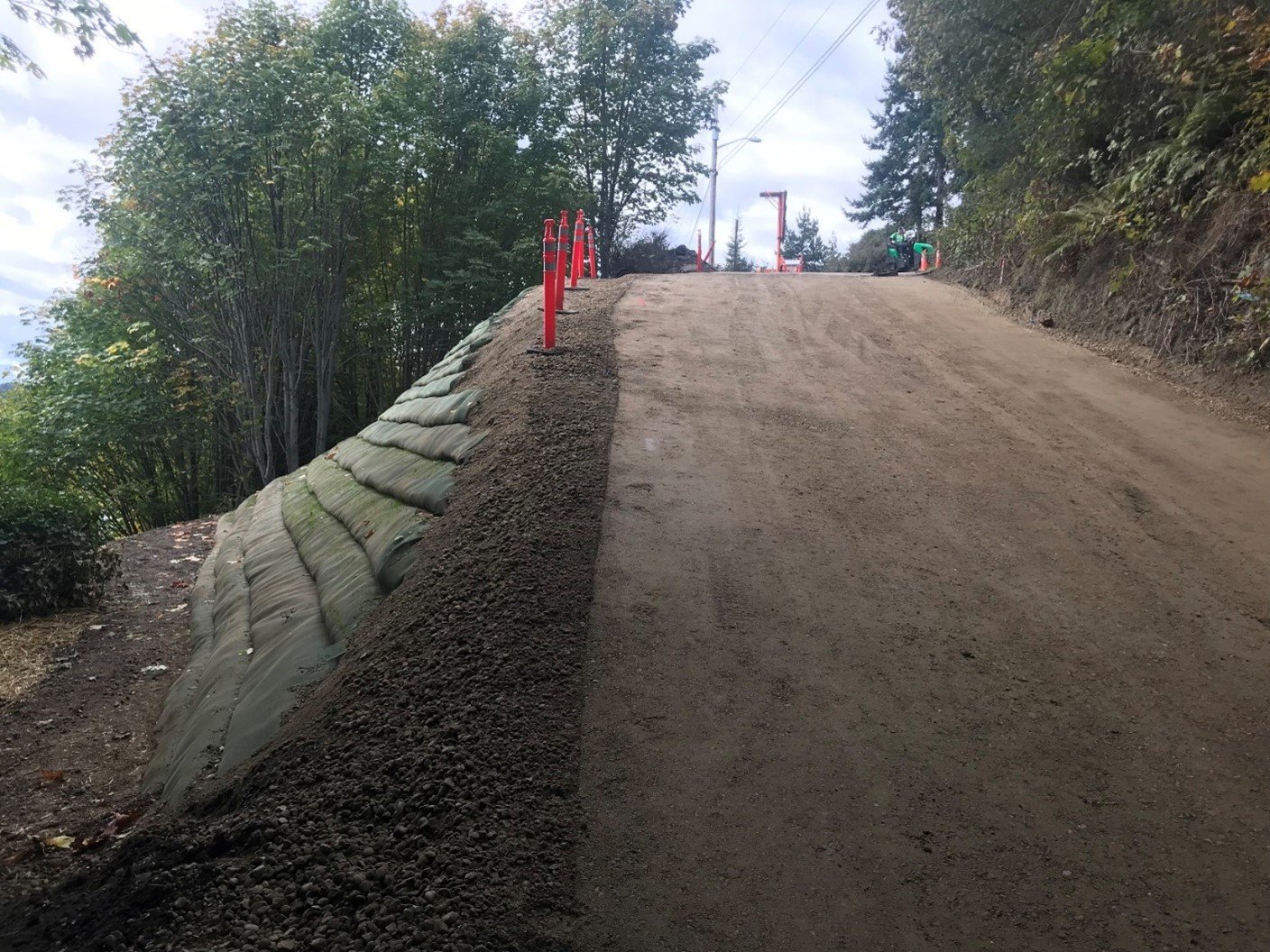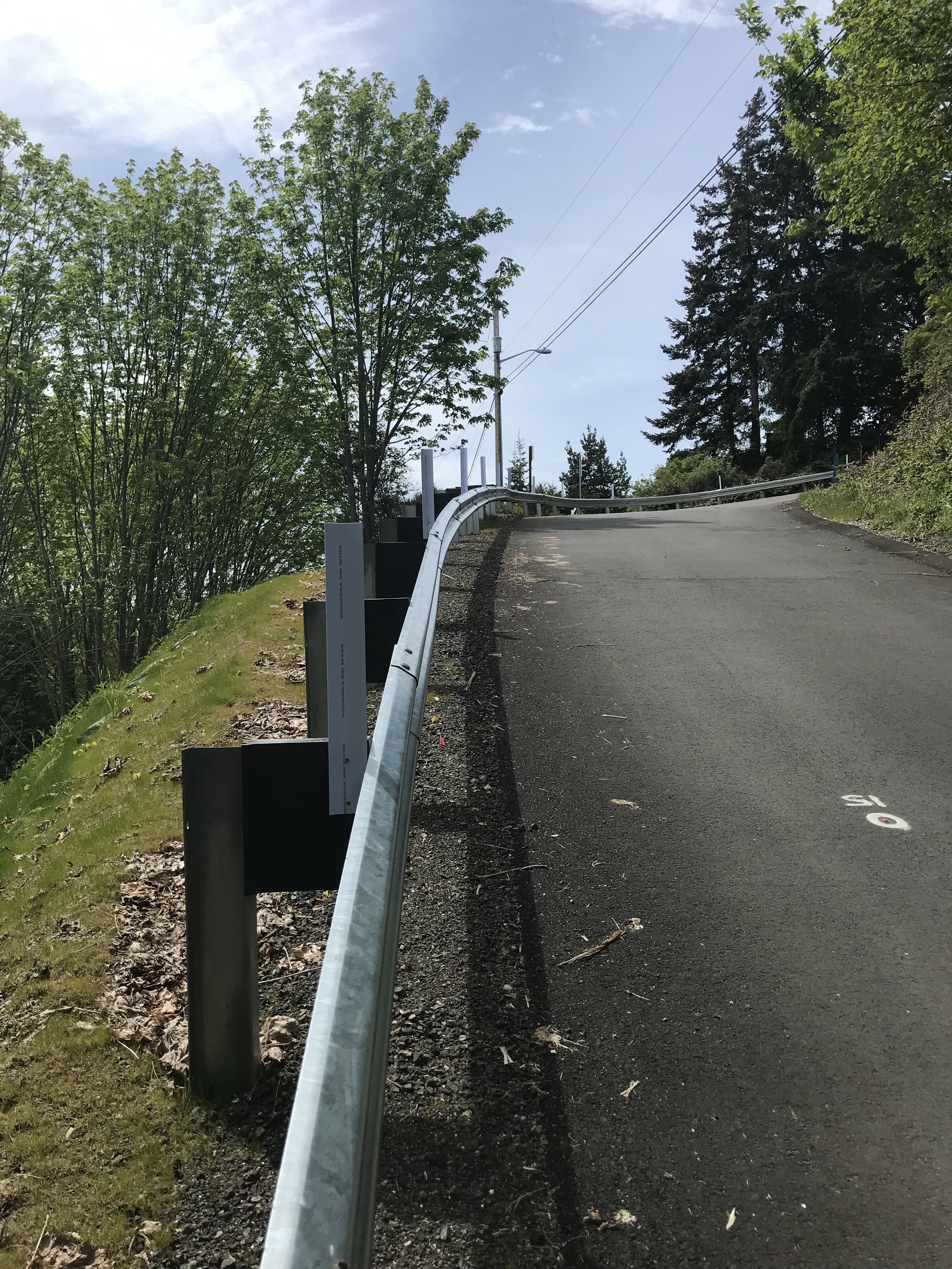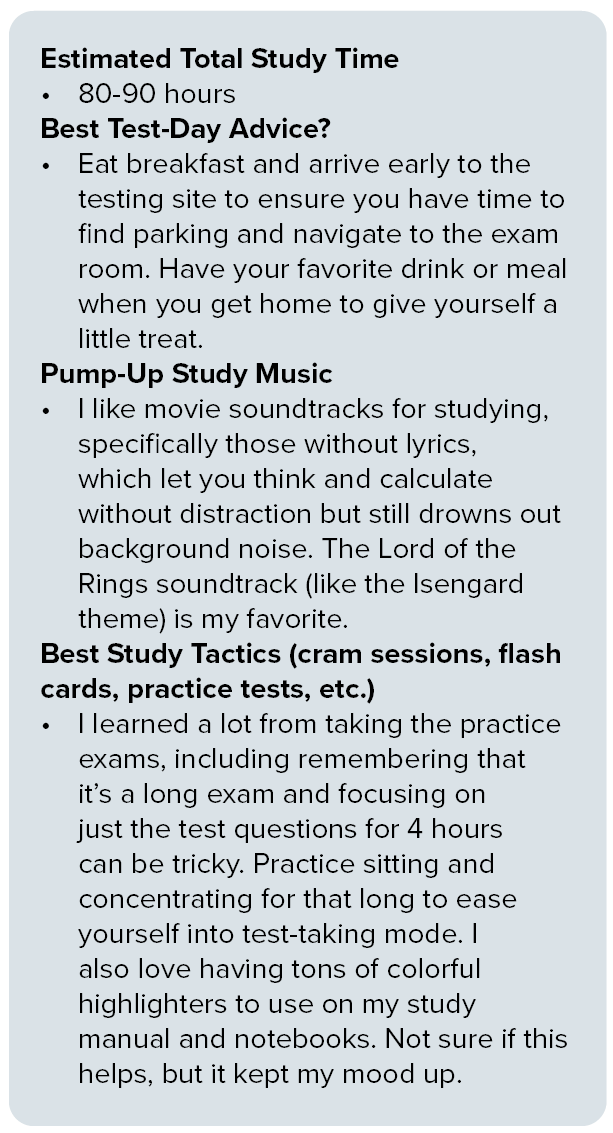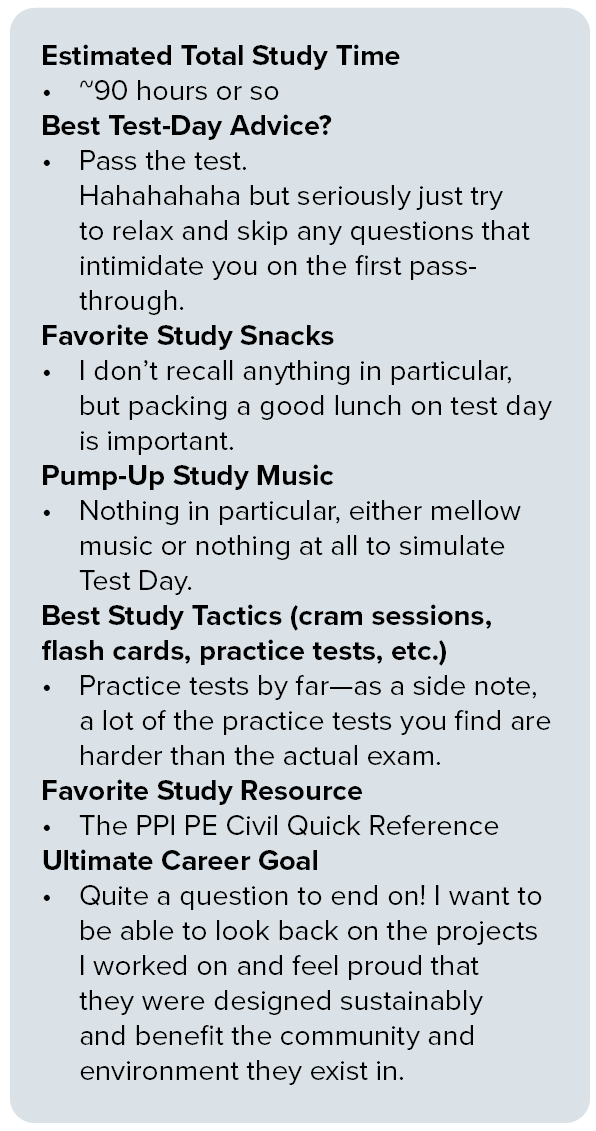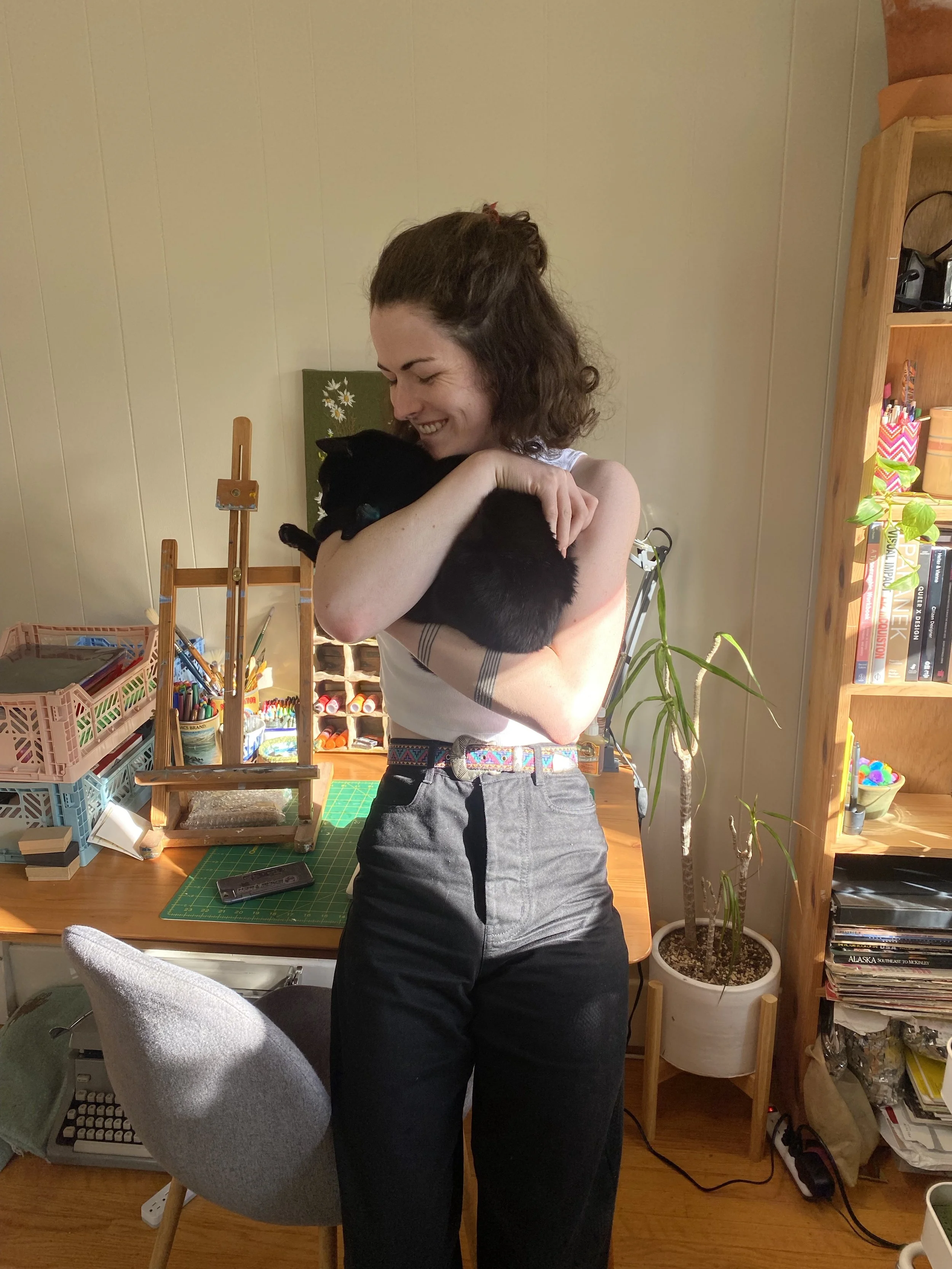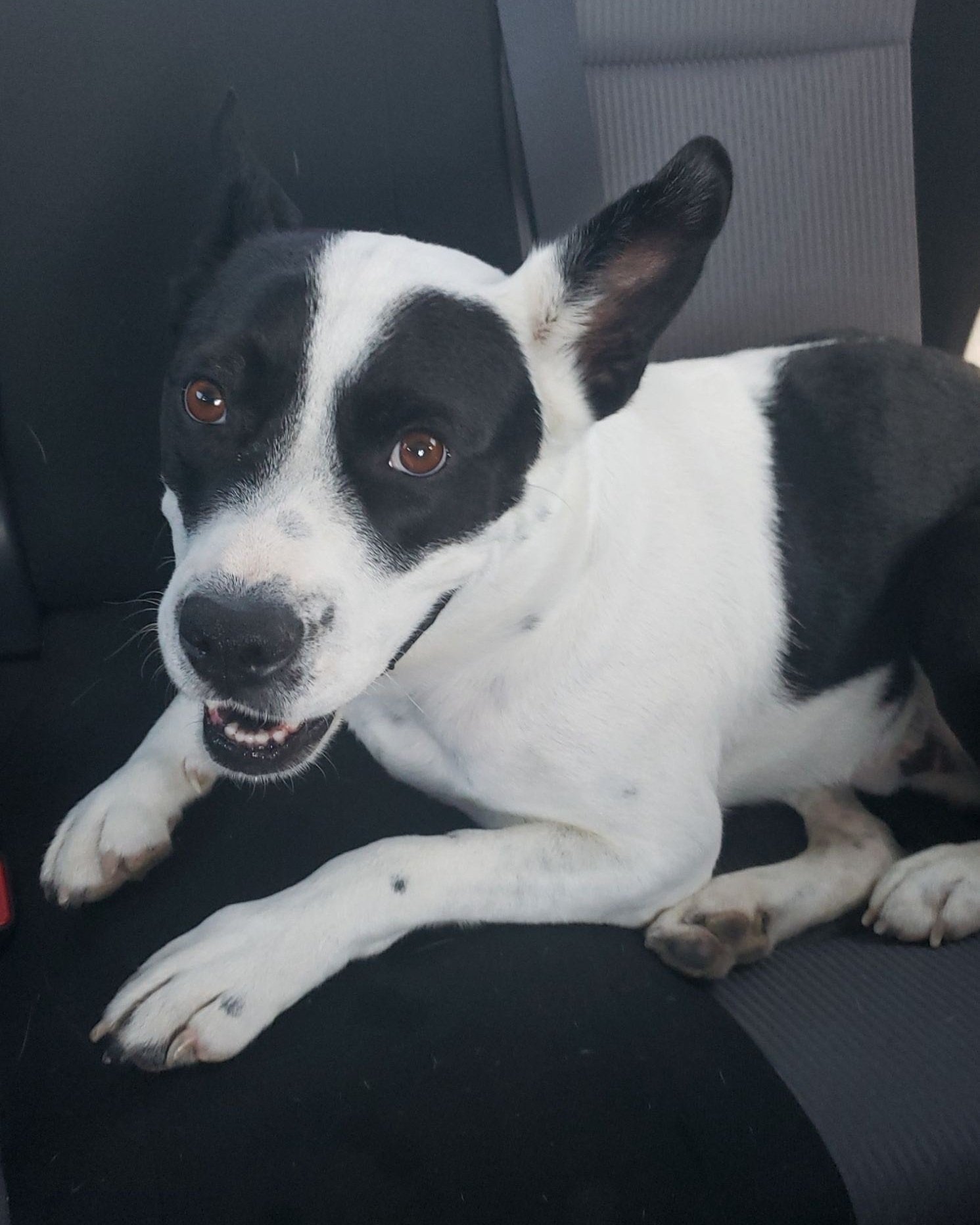Aspect recently welcomed two new staff members: GIS Professional Kristen Jurica in our Wenatchee office and geologist Nathan Dickey in Seattle. Here are five questions we asked to get to know them better.
Kristen Jurica - Senior Staff GIS Professional
Where are you from? If you’re not from the Pacific Northwest, what brought you here?
I grew up in rural south Texas along the Gulf Coast. After I finished my undergraduate at the University of Texas at Austin, I moved to California for a 12-week internship at Lassen Volcanic National Park and stayed west. I hopped around to a few California national parks before moving to Washington with my partner in 2022 for a change of scenery and new job opportunities.
What inspired you to pursue GIS? What made you curious about it?
I thought I ended up in GIS by chance, but I remembered that in 5th grade I participated in an academic competition called “Maps, Graphs, and Charts” where we completed tests using world atlases, so I think that there has been a map nerd in me all along. I studied Geography in college and took a GIS course because it was part of my degree plan. I ended up loving it and changed my track to GIS and remote sensing, and have been doing GIS since.
What do you like best about your area of expertise? What excites you and keeps you motivated?
I’m a big fan of puzzles, and GIS involves a lot of puzzling together data sources, tools, and visual communication. Working within the confines of the software to answer a question, or working with limited data to create a refined product keeps things interesting and it's rewarding when it all comes together. Bonus points for when there is a pretty map involved!
What do you like to do when you aren’t working?
I love to ride my bike, play outside, and collect hobbies. Gardening, stamp carving, collage, canning, birding, reading, playing video games, hanging out with my cat…the list goes on!
If you had to choose a superpower, what would it be?
After some recent travel woes, I choose teleportation! No delayed flights, and I could see family and friends thousands of miles away in seconds. 😊
Nathan Dickey, LG - Professional Geologist
Where are you from? If you’re not from the Pacific Northwest, what brought you here?
I grew up in Southern California, near Newport Beach (if you’ve seen The OC, I went to that high school). I went to college at UC Santa Barbara and grad school at Cal State Northridge in Los Angeles and after my third or fourth hot summer in LA, I realized that I needed to move to a cooler climate. In 2019, I jumped at an opportunity to move to Seattle and now I’m starting to appreciate the sun when it shows up!
What inspired you to pursue environmental geology? What made you curious about it?
I was originally drawn to geology in college when I discovered that there was more to geoscience than the simple plate tectonics and basic rock types I learned about in elementary school. When it came time to start my career, I found that environmental geology offered the opportunity to use many of my well-honed geoscience skills to contribute to making the world a healthier place.
What do you like best about your area of expertise? What excites you and keeps you motivated?
From a broad point of view, I’ve found applying my expertise to cleaning up our environment and supporting sustainable development helps motivate me to get to work in the morning. The most exciting part about my area of expertise is knowing that I’ll never be bored with the work – I’ve learned something new with every project! However, what’s most satisfying and motivating to me is when I can point at the site of a finished project and say, “I helped make that building happen” or “I contributed to cleaning up that industrial mess.” It makes me feel like I’m contributing positively to my community with the work I do every day.
What do you like to do when you aren’t working?
When it’s nice out, I enjoy exploring the city by bike or bus, or just walking around the neighborhood. When it’s better to be inside, I enjoy playing board games, reading, and catching up on movies or TV. On the rare weekend I can get its five players together, I’m Game Master of a Dungeons and Dragons campaign on its fourth year running.
Where in the world would you like to travel next?
New Zealand and Chile (especially Torres del Paine National Park) are practically tied for dream destinations for a long vacation. However, they’ll have to wait until after my wife and I have our 1-year-delayed honeymoon in Scotland this May, for which we are both very excited!






